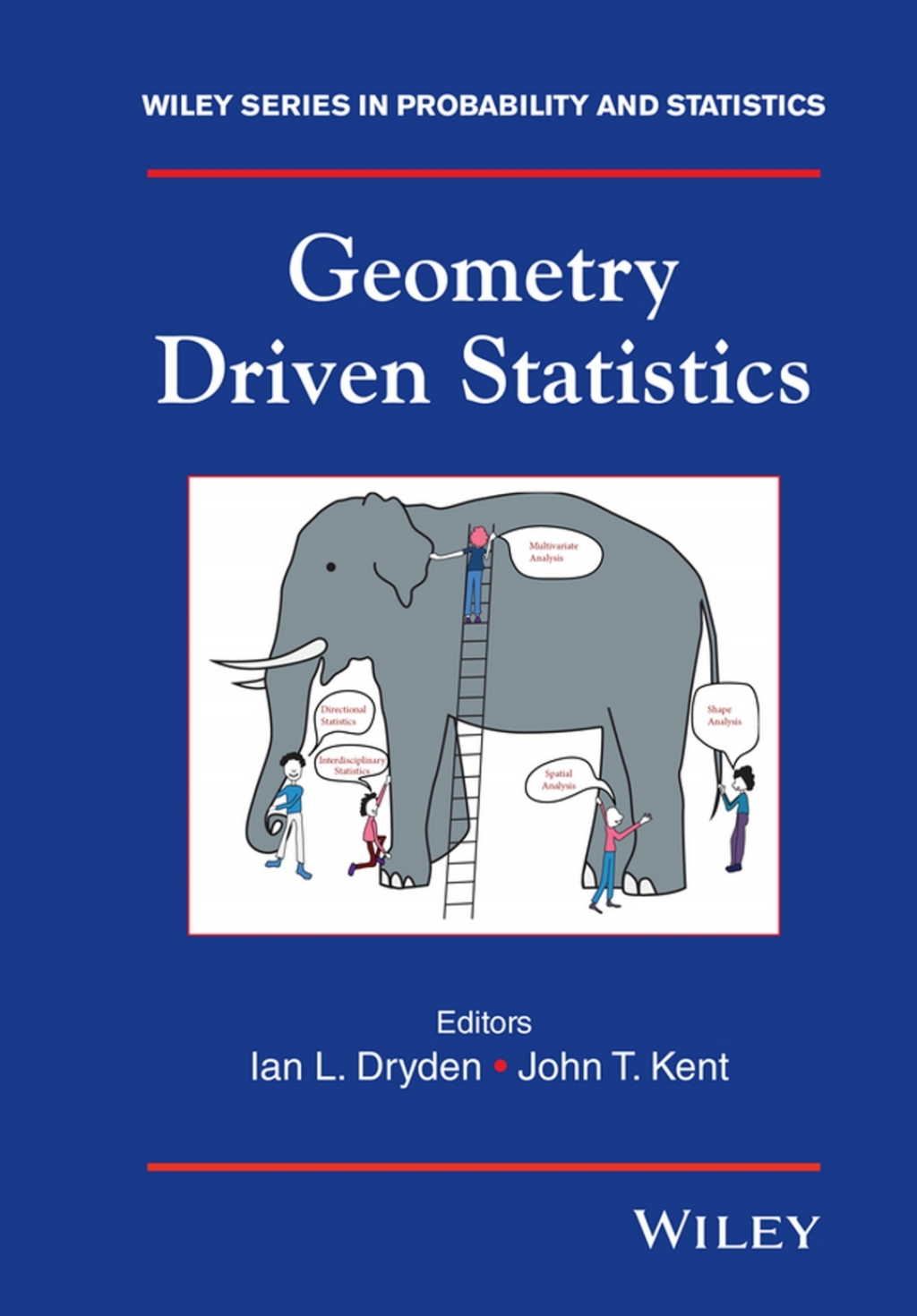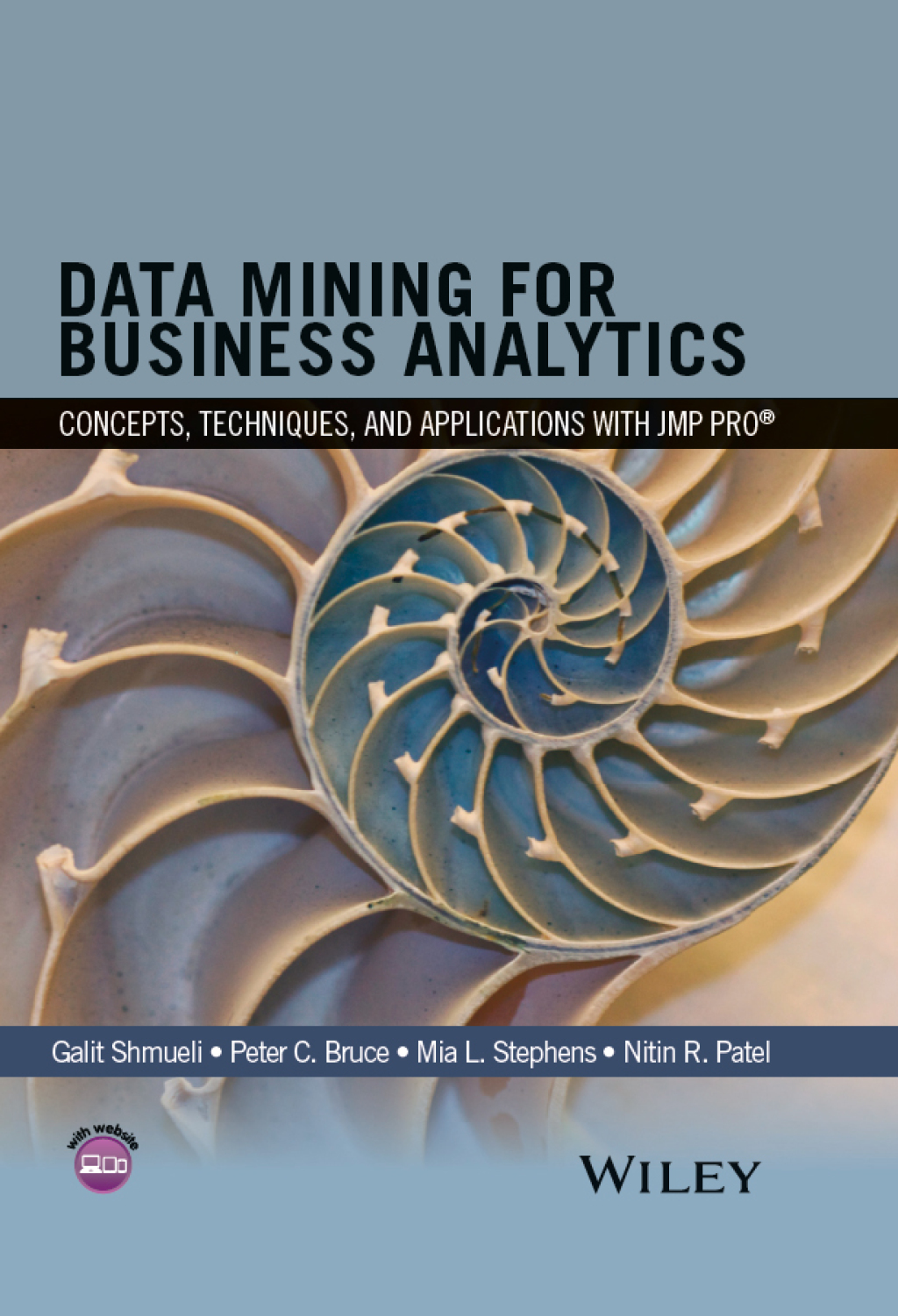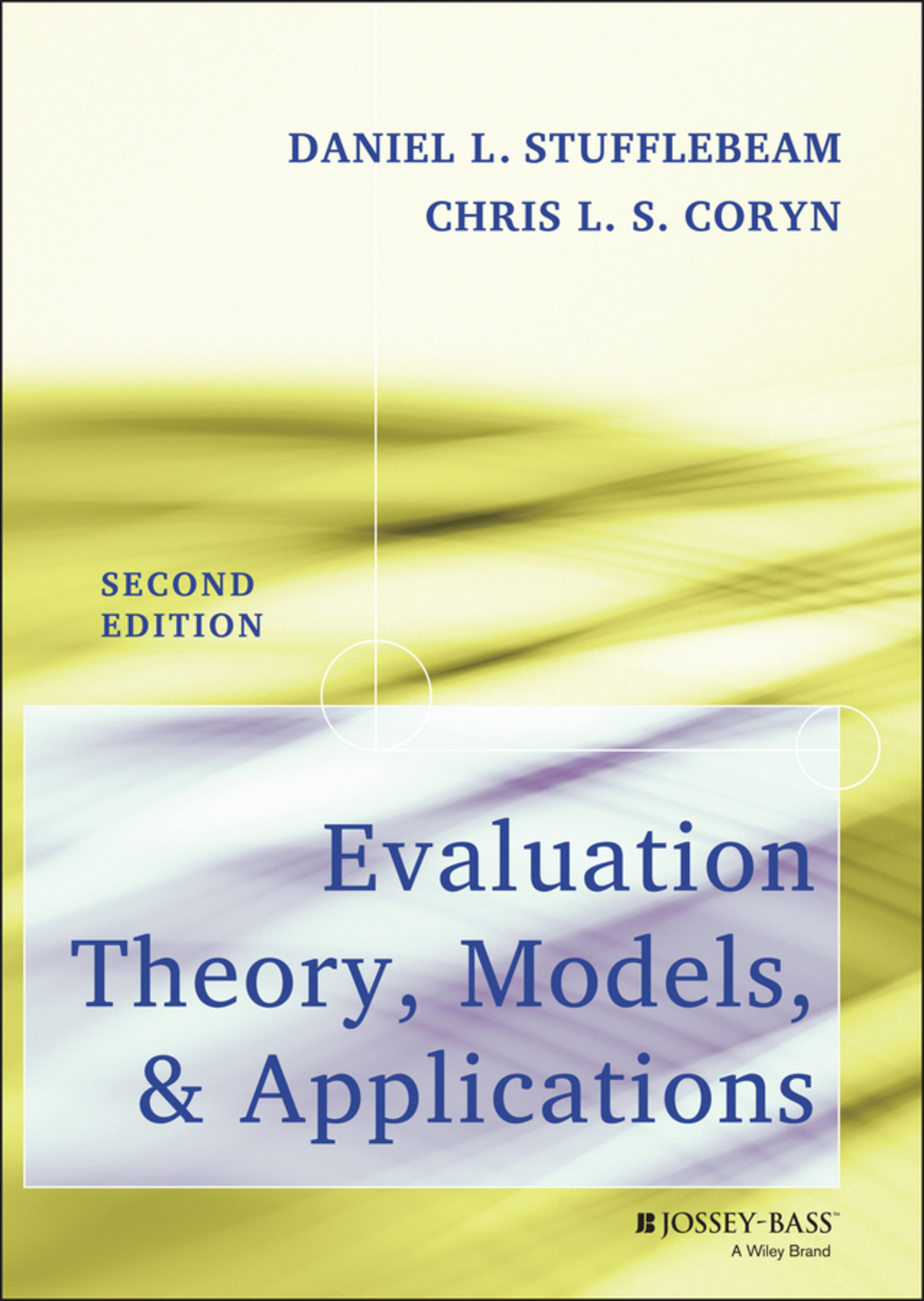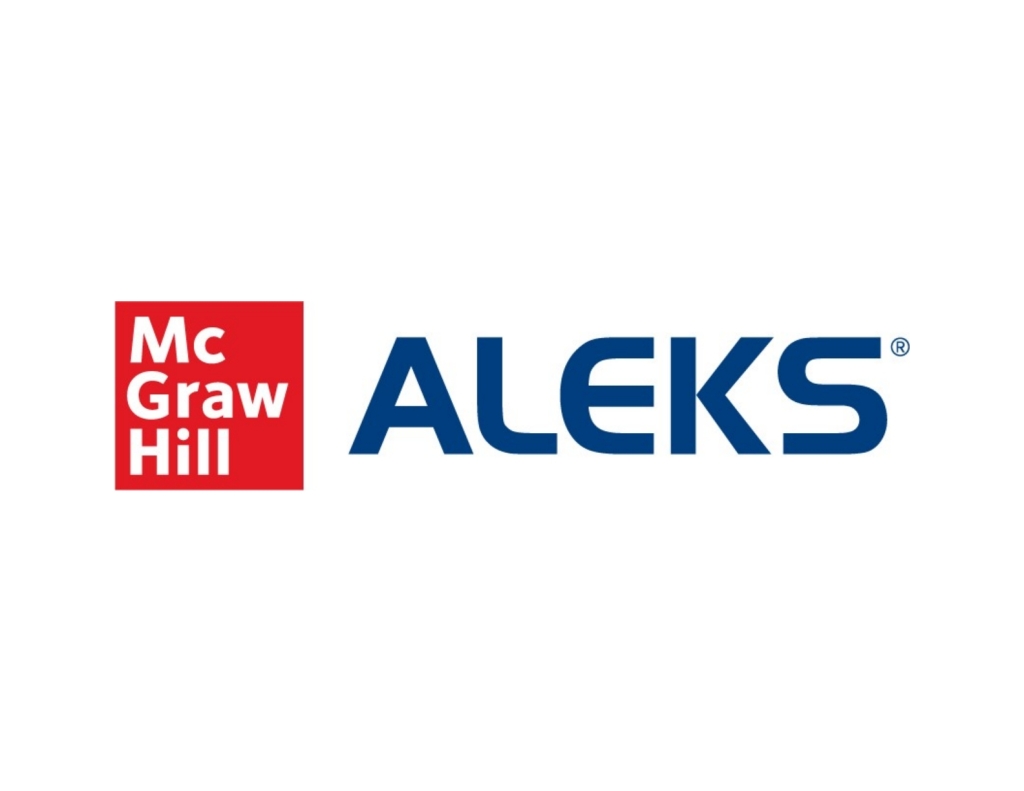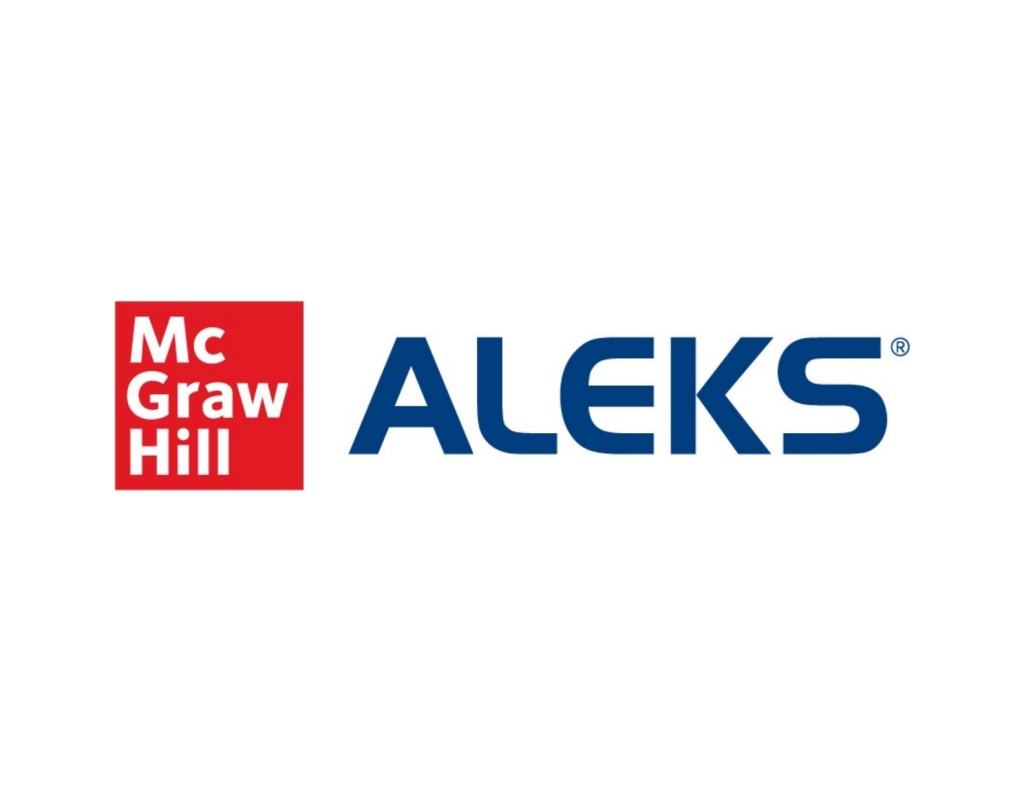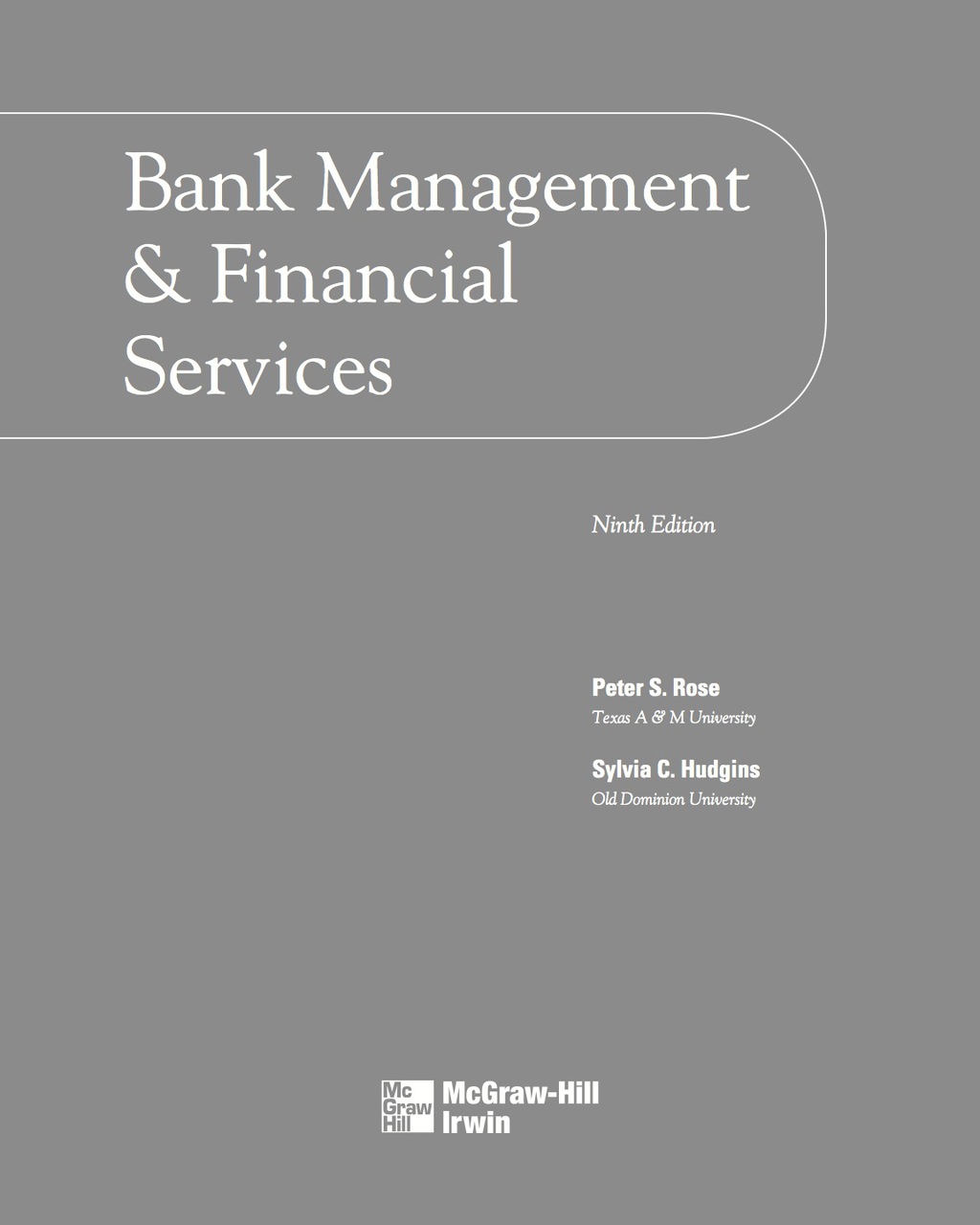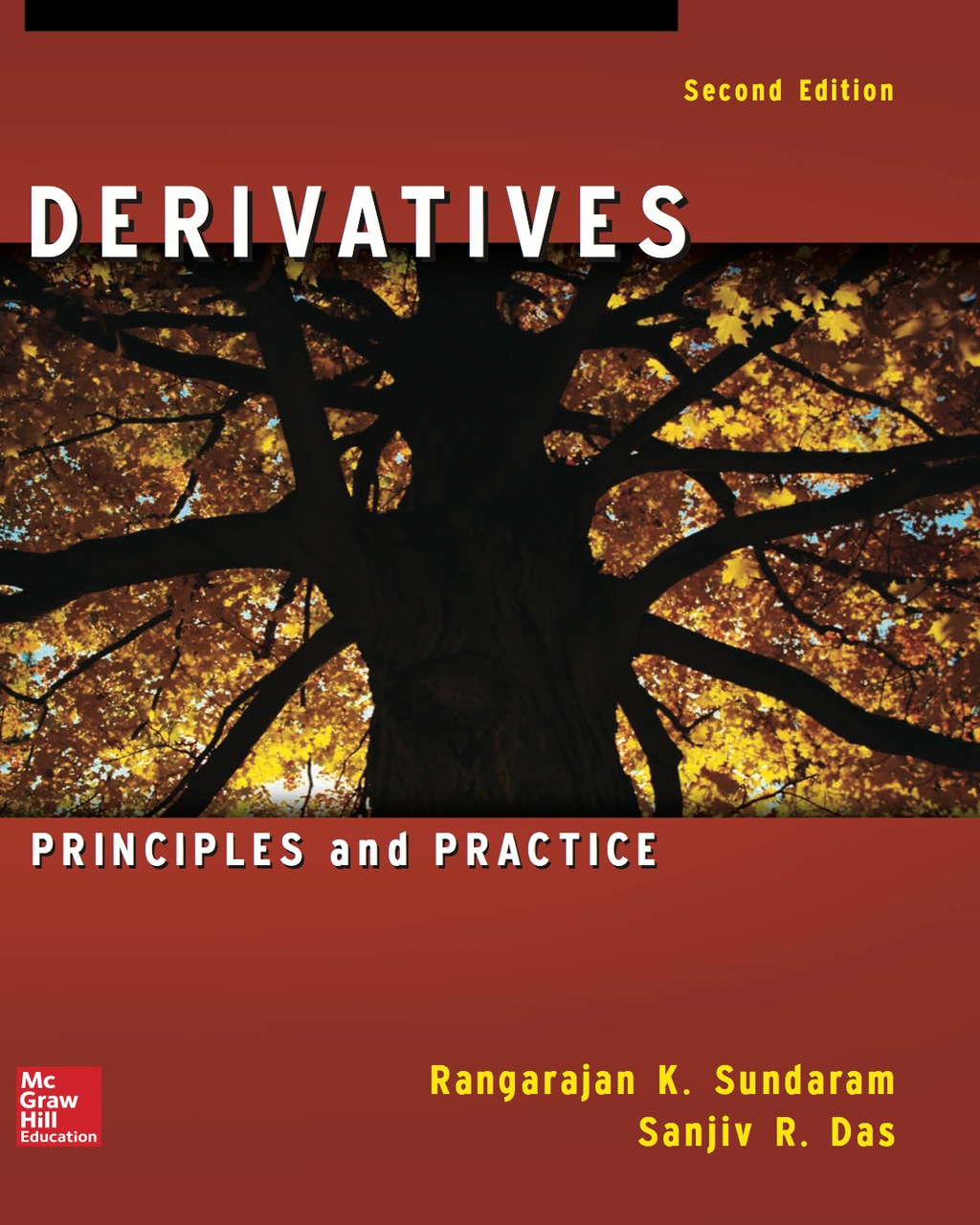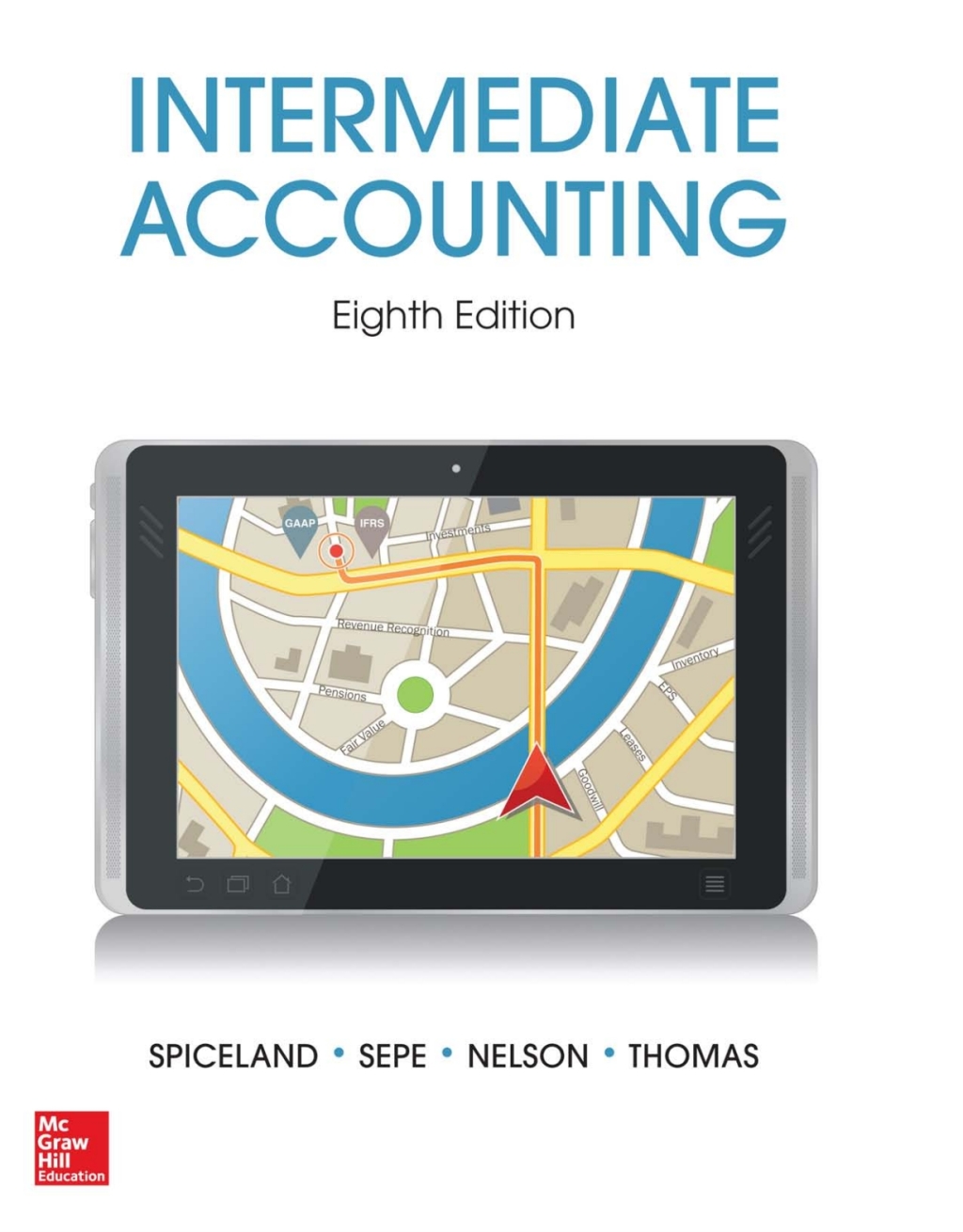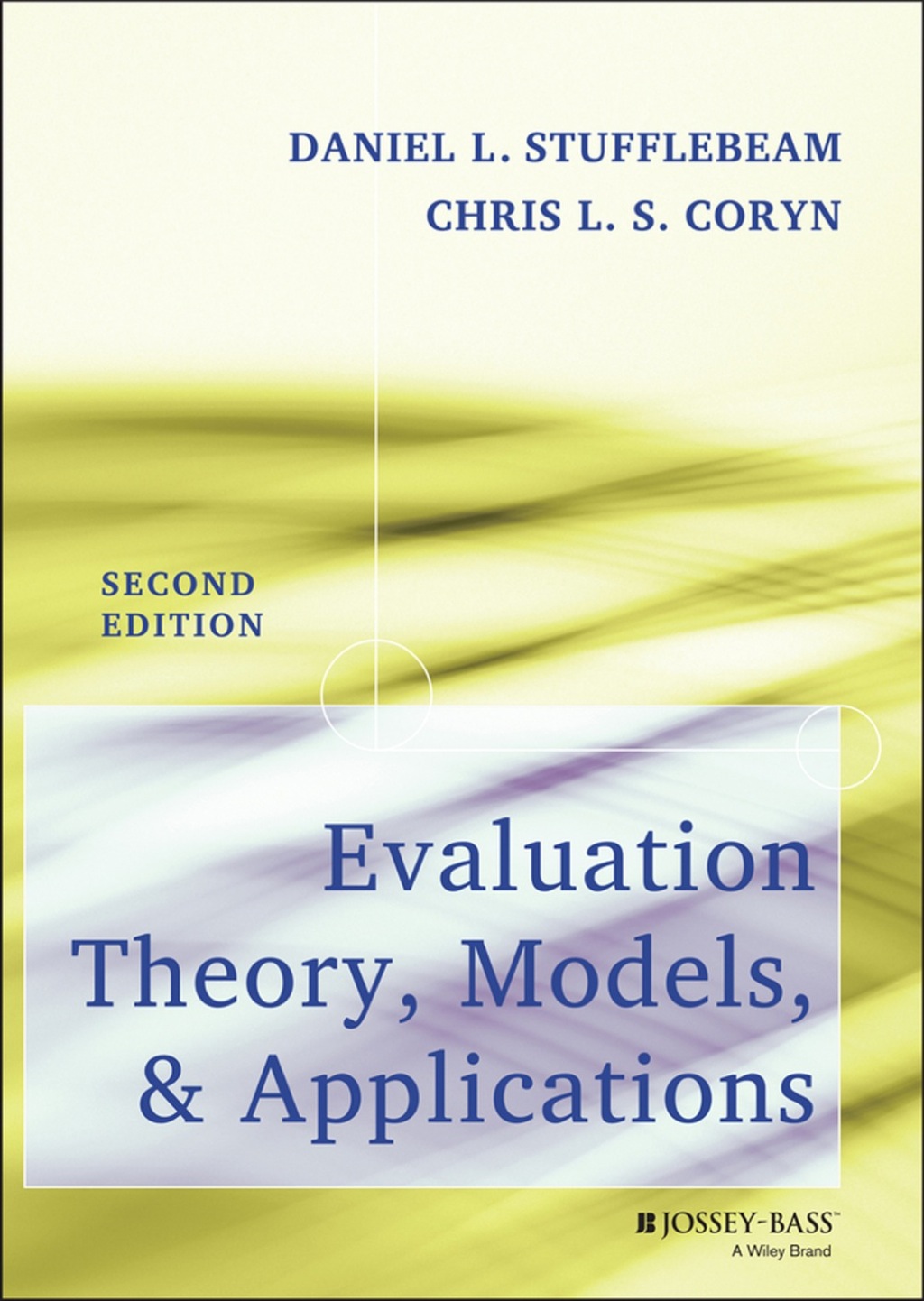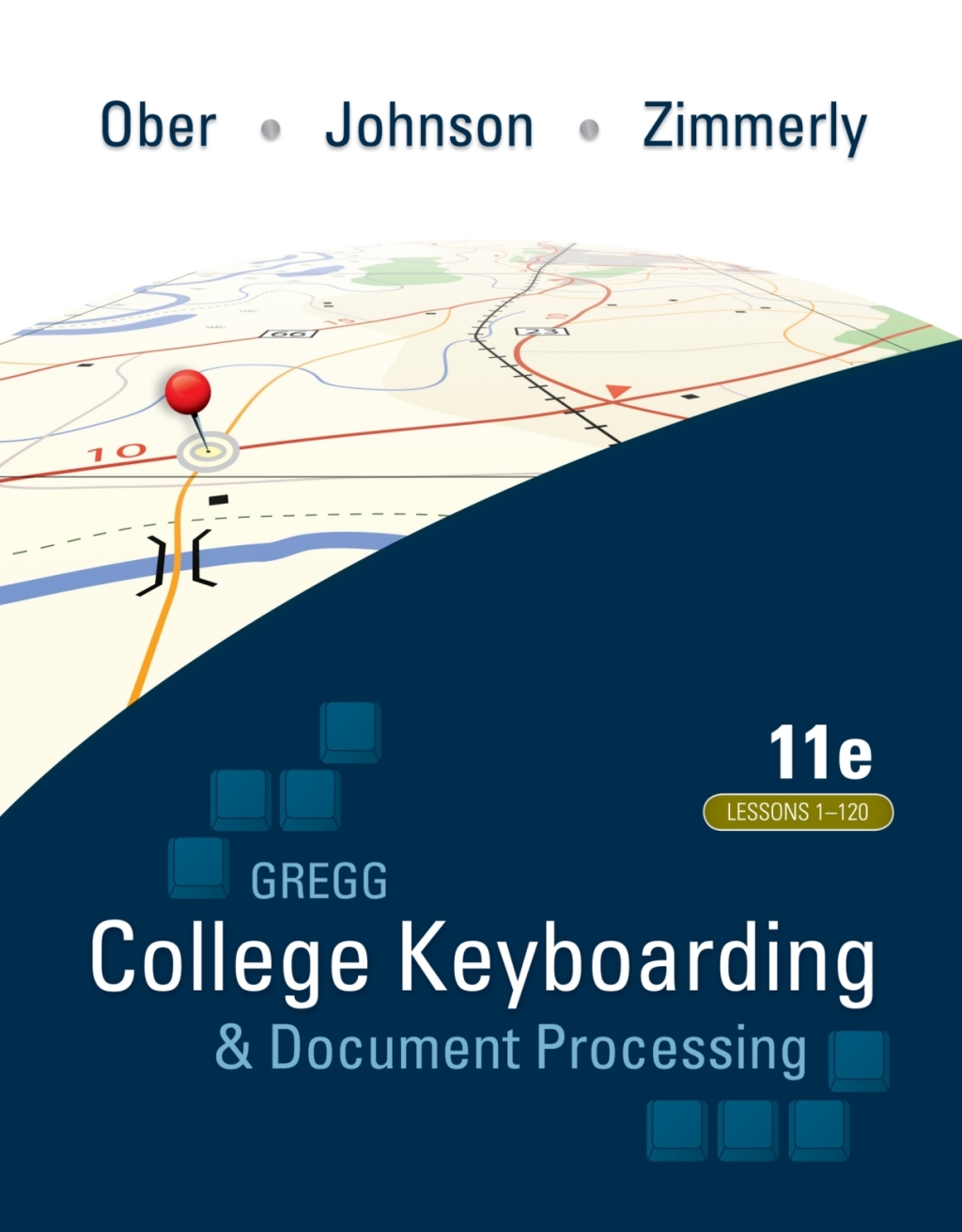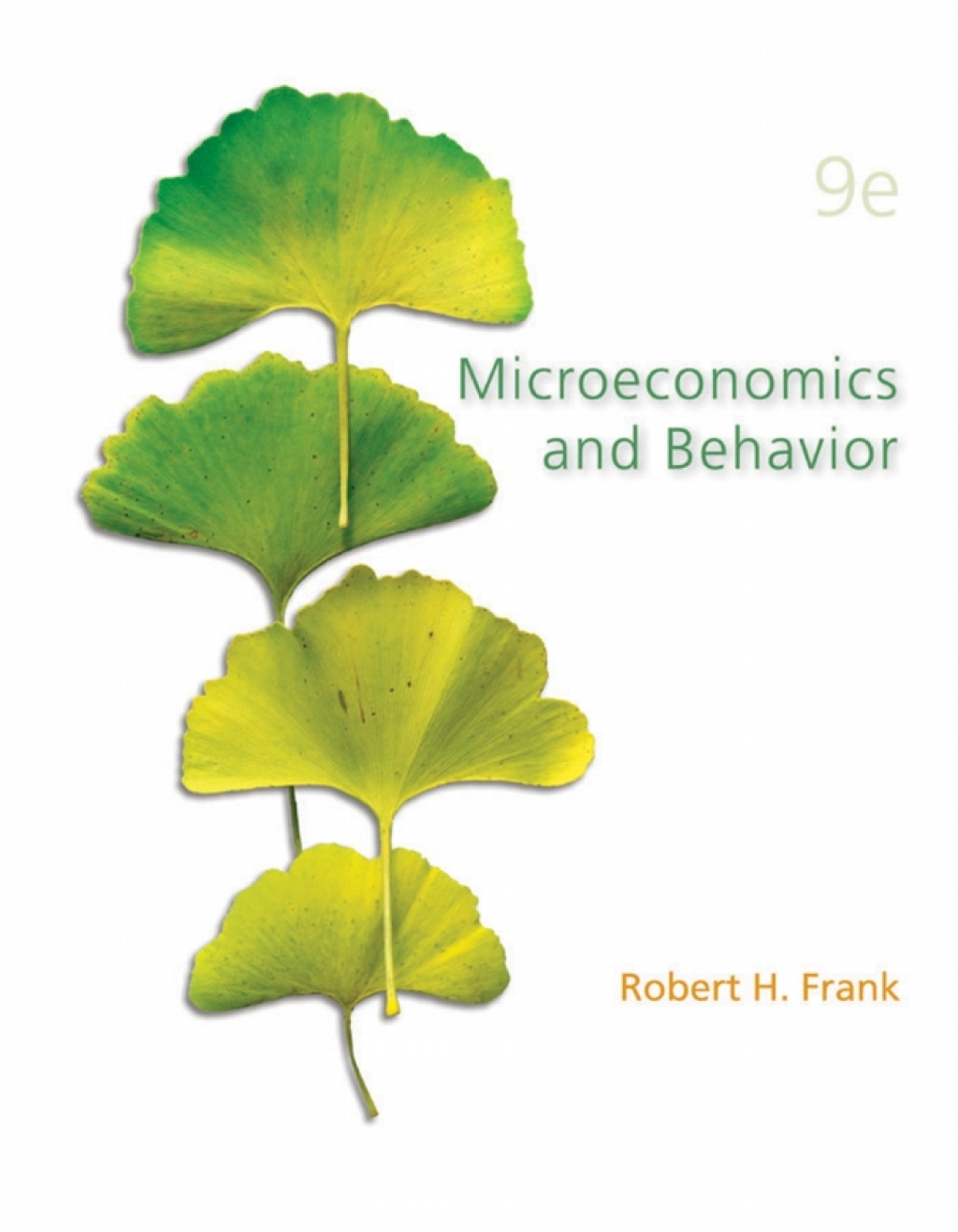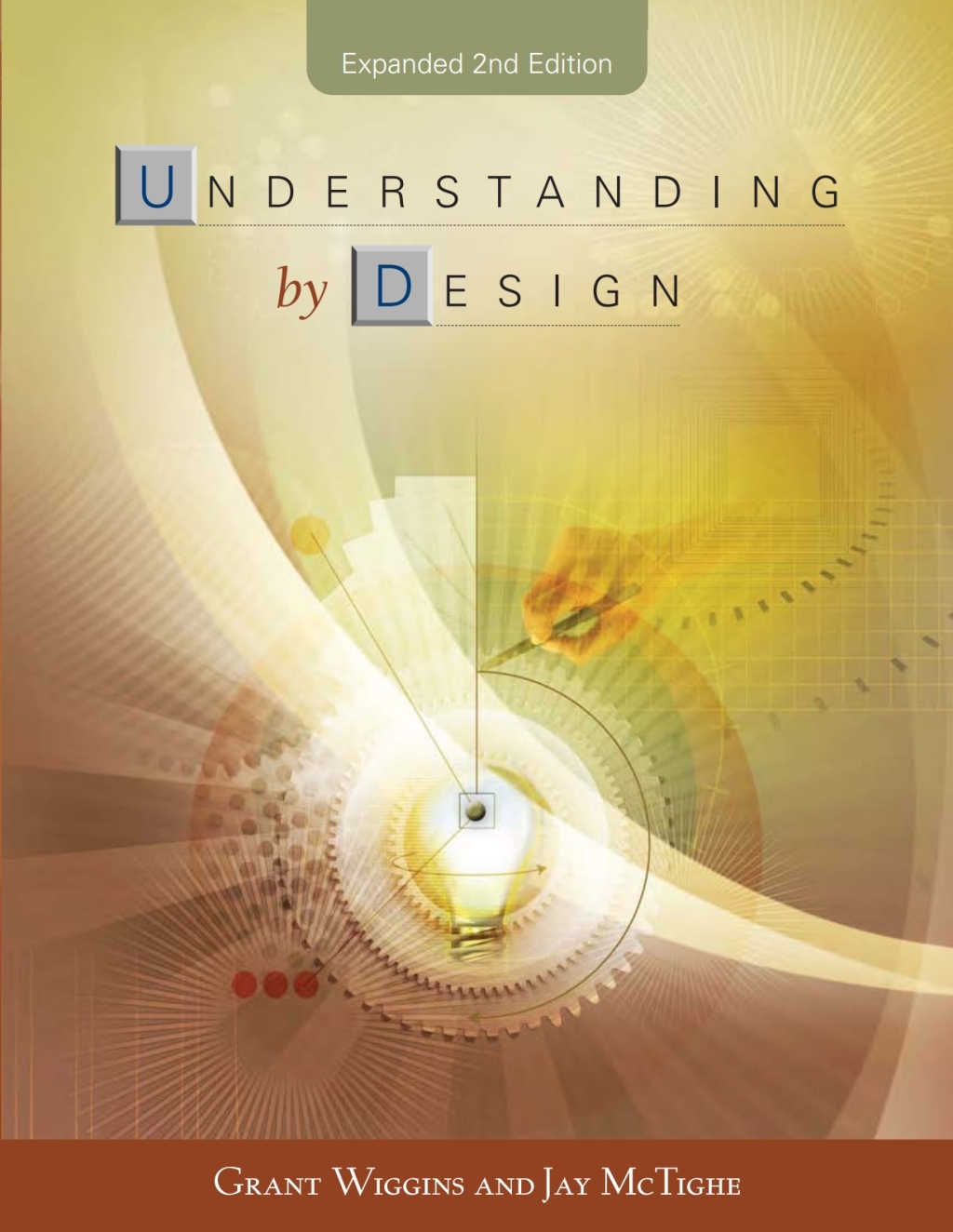Evaluation Theory, Models, and Applications 2nd Edition
Author(s): Daniel L. Stufflebeam, Chris L. S. Coryn
Publisher: Jossey-Bass
ISBN: 9781118074053
Edition: 2nd Edition
$39,99
Delivery: This can be downloaded Immediately after purchasing.
Version: Only PDF Version.
Compatible Devices: Can be read on any device (Kindle, NOOK, Android/IOS devices, Windows, MAC)
Quality: High Quality. No missing contents. Printable
Recommended Software: Check here
Important: No Access Code
Description
Description
Evaluation Theory, Models, and Applications (2nd edition) is designed for evaluators and students who need to develop a commanding knowledge of the evaluation field: its history, theory and standards, models and approaches, procedures, and inclusion of personnel as well as program evaluation. Like its predecessor, this important book shows how to choose from a growing array of program evaluation approaches.  This book will be divided into five sections: (I) Fundamentals of Evaluation, (II) An Evaluation of Evaluation Approaches and Models, (III) Explication and Application of Selected Evaluation Approaches, (IV) Evaluation Tasks, Procedures, and Tools, and (V) The Metaevaluation Imperative and Mainstreaming Evaluation. The complete set of references will be included at the end of the book; only key recommended readings will be listed at the end of each chapter. Up-to-date references will be added throughout the book.  Part One: Fundamentals of Evaluation Overview of the Evaluation Field The Nature of Program Evaluation Theory Standards for Program Evaluations Personnel Evaluation: The Ghost in Program Evaluations Part Two: An Evaluation of Evaluation Approaches and Models Background for Assessing Evaluation Approaches and Models Psuedoevaluations Questions- and Methods-Oriented Evaluation Approaches/Quasi-Evaluation Studies Improvement- and Accountability-Oriented Evaluation Approaches Social Agenda and Advocacy Approaches Eclectic Evaluation Approaches Best Approaches for Twenty-First Century Part Three: Explication and Application of Selected Evaluation Approaches The Evaluation Case: An Evaluation of an Innovative Housing and Community Development Project Experimental Design Case Study Evaluations Daniel Stuifflebeams CIPP Model for Evaluation: An Improvement/Accountability Approach Michael Scrivens Consumer-Oriented Approach to Evaluation Robert Stakes Responsive/Client-Centered Evaluation Approach Michael Pattons Utilization-Focused Evaluation Part Four: Evaluation Tasks, Procedures, and Tools (Throughout this section we plan to add graphics.) Identifying and Assessing Evaluation Opportunities First Steps in Addressing Evaluation Opportunities Designing Evaluations Budgeting Evaluations Contracting Evaluations Collecting Evaluative Information Analyzing and Synthesizing Information Communicating Evaluation Findings Part Five: Mainstreaming of Evaluation and The Metaevaluation Imperative Metaevaluation: Evaluating Evaluations Mainstreaming Evaluations
Related products
Evaluation Theory, Models, and Applications 2nd Edition
Author(s): Daniel L. Stufflebeam, Chris L. S. Coryn
Publisher: Jossey-Bass
ISBN: 9781118074053
Edition: 2nd Edition
$39,99
Delivery: This can be downloaded Immediately after purchasing.
Version: Only PDF Version.
Compatible Devices: Can be read on any device (Kindle, NOOK, Android/IOS devices, Windows, MAC)
Quality: High Quality. No missing contents. Printable
Recommended Software: Check here
Important: No Access Code
Description
Description
Evaluation Theory, Models, and Applications (2nd edition) is designed for evaluators and students who need to develop a commanding knowledge of the evaluation field: its history, theory and standards, models and approaches, procedures, and inclusion of personnel as well as program evaluation. Like its predecessor, this important book shows how to choose from a growing array of program evaluation approaches.  This book will be divided into five sections: (I) Fundamentals of Evaluation, (II) An Evaluation of Evaluation Approaches and Models, (III) Explication and Application of Selected Evaluation Approaches, (IV) Evaluation Tasks, Procedures, and Tools, and (V) The Metaevaluation Imperative and Mainstreaming Evaluation. The complete set of references will be included at the end of the book; only key recommended readings will be listed at the end of each chapter. Up-to-date references will be added throughout the book.  Part One: Fundamentals of Evaluation Overview of the Evaluation Field The Nature of Program Evaluation Theory Standards for Program Evaluations Personnel Evaluation: The Ghost in Program Evaluations Part Two: An Evaluation of Evaluation Approaches and Models Background for Assessing Evaluation Approaches and Models Psuedoevaluations Questions- and Methods-Oriented Evaluation Approaches/Quasi-Evaluation Studies Improvement- and Accountability-Oriented Evaluation Approaches Social Agenda and Advocacy Approaches Eclectic Evaluation Approaches Best Approaches for Twenty-First Century Part Three: Explication and Application of Selected Evaluation Approaches The Evaluation Case: An Evaluation of an Innovative Housing and Community Development Project Experimental Design Case Study Evaluations Daniel Stuifflebeams CIPP Model for Evaluation: An Improvement/Accountability Approach Michael Scrivens Consumer-Oriented Approach to Evaluation Robert Stakes Responsive/Client-Centered Evaluation Approach Michael Pattons Utilization-Focused Evaluation Part Four: Evaluation Tasks, Procedures, and Tools (Throughout this section we plan to add graphics.) Identifying and Assessing Evaluation Opportunities First Steps in Addressing Evaluation Opportunities Designing Evaluations Budgeting Evaluations Contracting Evaluations Collecting Evaluative Information Analyzing and Synthesizing Information Communicating Evaluation Findings Part Five: Mainstreaming of Evaluation and The Metaevaluation Imperative Metaevaluation: Evaluating Evaluations Mainstreaming Evaluations

